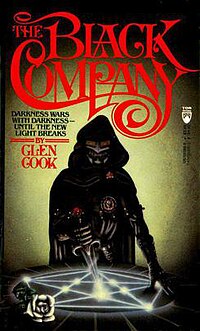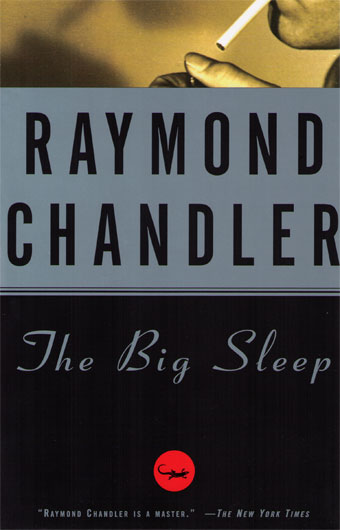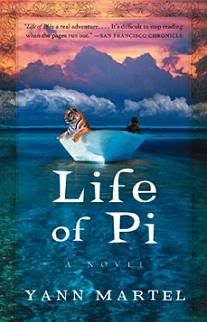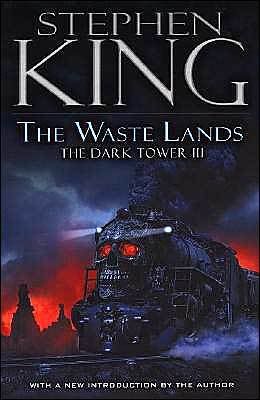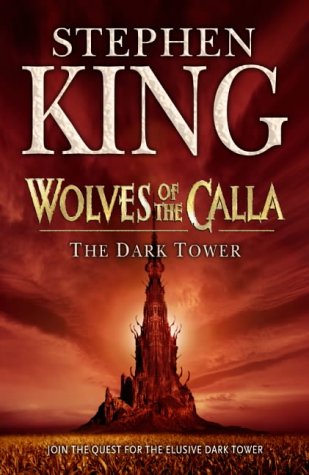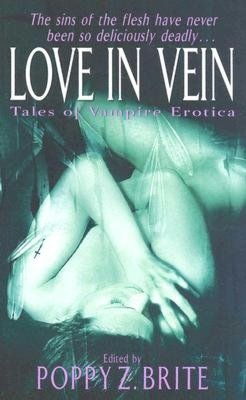So, lately I've been going on a Heinlein binge, which I'm breaking up every couple of books with one of Patrick O'Brian's Aubrey/Maturin novels. First off:
Robert Heinlein Festival 2012
The Door Into Summer (1957) - Wherein a brilliant inventor specializing in automation finds himself embroiled in corporate intrigue and winds up traveling forward in time via cryogenic freezing. This was terrific fun, with a clever time travel plot, a cat named Petronius the Arbiter, Heinlein casually throwing out ideas for both AutoCAD and the Roomba, and so forth. It also has a bit that caused John Campbell to say "Bob can write a better story, with one hand tied behind him, than most people in the field can do with both hands. But Jesus, I wish that son of a gun would take that other hand out of his pocket", which neatly sums up Heinlein's later Dirty Old Man Without An Editor period. Still, this was a damn fine read.
The Puppet Masters (1951) - Wherein the mind controlling brain slugs invade Earth and our hero, a secret agent, works with an even more secretive agency to try to fight them off. I'm not sure if Heinlein invented the concept of the brain slug, but he takes their invasion to an impressively logical conclusion. Credited or otherwise, this book had to have been a direct influence on Invasion of the Body Snatchers; however, it's much more about taking the fight to the enemy than trying to work out what's happening in the first place. Again, terrific fun, and with one hell of a great final line.
Citizen of the Galaxy (1957) - Wherein a young slave is purchased by a very unusual master, thus kicking off a top notch galactic
bildungsroman. It's gratifying seeing our young hero Thorby moving up in the world and to read Heinlein's depictions of various levels of society, with a lot of emphasis on differing social customs and the importance of duty. Tremendously entertaining, even when it's being a just a touch preachy.
Time For The Stars - This is another sort of SF coming of age story, but with an interesting setup: our hero and his twin are both telepaths who can communicate across any distance without any lag, so they're recruited to act as communications officers between Earth and a faster than light exploration ship. It's a neat premise, explained entertainingly (even when Heinlein occasionally drops into science lecture mode), and with all sorts of trials and tribulations for the ship's crew to contend with. We have another fun, fast-paced winner!
Job: A Comedy of Justice (1984) - Wherein our hero finds himself being tested as a modern day Job. After going back and reading novels from Heinlein's early, juvenile-oriented period, I returned back to the dirty old man era that I'm more familiar with for this Biblical riff. Heinlein puts our hero, a moderately uptight religious sort, through the ringer using a riff on his multiverse ideas from Number of the Beast, which gives us a tour of many different variations of America (with the tipping point generally involving
William Jennings Bryan) where our poor bastard has to try to contend with radically different societies and generally arriving in them flat broke. However, it's not all bad for him: he's traveling with a beautiful young woman named Margrethe, though that adds a whole 'nother set of complications to the plot. Heinlein gets to have great fun exploring notions of sin, biblical theology, eschatology, with the occasional pause to ride one of his hobby horses on, say, highly relaxed sexual mores, income tax, and so forth. While not as straight forward and speedy a romp as the juveniles, this is probably the best book from Heinlein's later years and it's a fun read in the vein of, say, James Morrow or (apparently)
James Branch Cabell. I'd had a copy sitting on my bookshelf for years and I'm very glad I finally got around to reading the damn thing. It certainly comes recommended!
As mentioned above, I was alternating between reading Heinlein and Patrick O'Brian, with one of Aubrey and Maturin's adventures between every two Heinlein novels. Specifically, I read both
The Fortune of War and
The Surgeon's Mate, the sixth and seventh Aubrey/Maturin novels respectively. At this point in the series we are well into the War of 1812 and, as an American, it's interesting reading the book and rooting for our heroes, the British. (On the other hand, I've never personally felt the urge to invade Canada, so I probably have the right attitude here.)
In The Fortune of War our heroes are held as prisoners of war in Boston, celebrated in Halifax, and given many opportunities for Maturin to engage in espionage and Aubrey to engage in being utterly useless on land, culminating in the famous battle between the Shannon and the Chesapeake, which
this enlightening blog post at Making Light ties back into my Heinlein rampage. Then in The Surgeon's Mate it's Maturin's turn to be helpless (yet again) in the face of Diana Villiers while Aubrey is given two riveting opportunities to demonstrate his brilliance at sea. (Fear not, he's given the chance to flail about some on land as well.) As ever, these are utterly gripping historical novels, with Aubrey and Maturin's character and friendship being further explored, while also giving O'Brian the opportunity to explore the naval history of the period in fascinating depth.
And that's what I've been reading for the past two months or so. I'm extremely glad that I've finally delved into Heinlein's juvenile period and I've also had a terrific time continuing to read O'Brian's magnum opus. Both authors still have their hooks in me: I went on a used book shopping spree and stocked up on more early Heinlein, while the next three Aubrey/Maturin novels are patiently waiting on the shelf for me. I've just now started Heinlein's
Space Cadet (1948) which, two pages in, has our hero casually using his cell phone, and look forward to jumping into
The Ionian Mission when I'm done. After that, maybe I'll manage to read someone else for a while, but I wouldn't put money on it.
FnordChan





